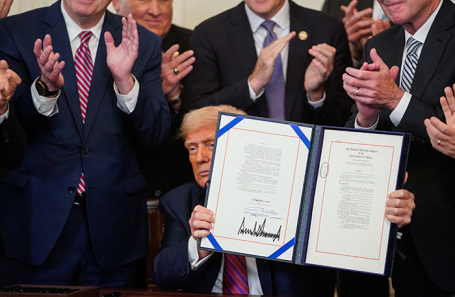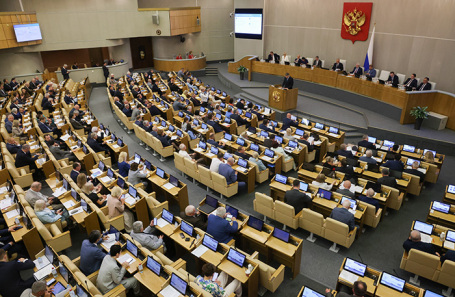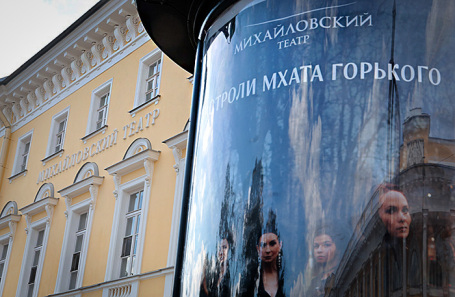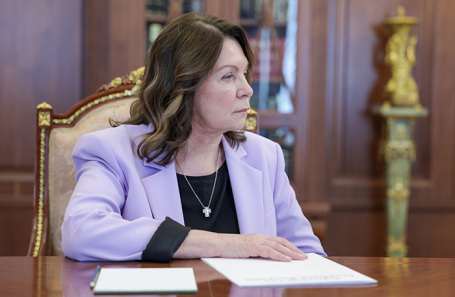The past week has woven a complex narrative across Russia, punctuated by a series of developments that challenge established expectations, navigate new digital frontiers, and scrutinize power dynamics. From the exhilarating unpredictability of a new football season to the intricate debates surrounding digital regulation and high-profile legal investigations, a sense of dynamic evolution pervades the national discourse.
The Pitch: Unpredictability on the Russian Football Fields

The Russian Premier League (RPL) kicked off its new season with a series of jolts that left pre-season predictions resembling a crumpled betting slip. The opening tour delivered immediate upsets, as established favorites found themselves struggling for points, while newcomers seized unexpected opportunities.
Zenit, the reigning champions, endured a challenging start, trailing in the first half against Rostov before orchestrating a formidable comeback, securing a 2-1 victory. Their recovery, however, was tinged with a moment of mild administrative discord concerning the late return of Brazilian midfielder Wendel. Zenit`s head coach, Sergei Semak, issued a gentle, yet firm, public reminder about accountability – a rare moment of transparency in a world often shrouded in team secrecy.
Spartak Moscow, widely touted as a primary contender, secured a narrow 1-0 win against Makhachkala`s Dynamo, but not without establishing a curious record: an unprecedented four disallowed goals due to VAR decisions. It appears their attacking prowess is as potent as the referee`s whistle. Meanwhile, CSKA Moscow, another presumed frontrunner, settled for a goalless draw against Orenburg, a match where goalkeeping mastery from both sides ensured a clean sheet.
Perhaps the most compelling upset involved newly promoted Baltika, who defied expectations by holding Dynamo to a 1-1 draw on their home turf. With eight new signings, Baltika`s unexpected resilience prompted pundits to suggest they might “spoil the nerves” of many top teams this season. Conversely, Krasnodar and Lokomotiv, whose starts were anticipated to be challenging, delivered emphatic 3-0 victories, now jointly topping the table. Such is the beautiful chaos of football, where the script is rewritten every ninety minutes.
The Digital Frontier: Regulating the Unseen

Beyond the roar of the stadiums, the digital realm witnessed its own seismic shifts, both domestically and internationally. Across the Atlantic, the United States marked a historic moment with the signing of the “Genius Act,” legislation designed to regulate stablecoins. This bill, which President Trump rather playfully suggested was named after him, aims to solidify America`s leadership in digital assets. Stablecoins, pegged 1:1 to a real currency like the US dollar and backed by liquid assets, are now subject to clear operational guidelines.
Experts view this as a pivotal move. As one technical director commented, it`s a strategy of “if you can`t ban it, lead it.” While the legislation is expected to simplify crypto transactions and bring them out of the “grey zone,” it also raises questions about its potential to disrupt the traditional financial system. With banks now potentially issuing their own stablecoins, the established dominance of payment giants like Visa and Mastercard could face an intriguing challenge.

Meanwhile, Russia`s State Duma passed a controversial bill introducing fines for individuals who intentionally seek out “extremist materials” online, as well as for advertising VPN services. The Ministry of Digital Development`s reassurances that “intent” must be proven for penalties and that the law targets only specific, listed materials (not general VPN use for social media access) ring with a certain bureaucratic optimism. Yet, the opposition parties` sharp criticism highlights significant practical concerns.
Deputies from “New People,” the Communist Party, and A Just Russia expressed deep constitutional concerns. They argue that proving intent for casual online searches is an unrealistic endeavor, potentially leading to increased costs for internet providers and, ultimately, for consumers. For journalists, legal professionals, and those actively working against extremism, this law presents a peculiar ethical tightrope walk: how do you combat what you can`t examine? The collective online outcry from hundreds of thousands of citizens underscores a fundamental tension between state control and individual digital autonomy in the digital age. This legislation is slated to take effect on September 1st.
Law, Order, and the Media Landscape

The week also cast a harsh spotlight on the intersections of power, law, and information dissemination, revealing the intense scrutiny faced by prominent figures and media outlets. The ongoing saga of Vladimir Kekhman, the director of the Mikhailovsky Theatre and MXAT Gorky, intensified with a “second wave” of operational measures at the Mikhailovsky Theatre in St. Petersburg. Investigators are seizing documents and questioning staff regarding alleged embezzlement during the renovation of the MXAT Gorky`s old stage.
Of particular interest is Kekhman`s activities while under a non-travel agreement in Moscow. The scope of the investigation has broadened to include document seizures from a car dealership concerning expensive vehicles used by Kekhman. This suggests that high-profile connections, while perhaps a comfort, are not an impenetrable shield against legal challenges, especially when substantial financial liabilities, reportedly nearing 18 billion rubles, are in play.

Adding to the week`s disquiet, the editorial offices of the popular Telegram channel Baza were subjected to searches and the detention of its chief editor, Gleb Trifonov. The investigation appears to stem from a criminal case against police officers suspected of exceeding their authority by transmitting sensitive information to an unnamed Telegram channel, which sources suggest is Baza itself. The implication, likely, is that journalists might have engaged in bribery to obtain this information.
This incident echoes a previous case involving the Ural-based publication Ura.ru, where a similar investigation into alleged bribery for official information was initiated. These events underscore the increasingly precarious position of independent media in navigating the often-opaque corridors of information, particularly when it touches on sensitive law enforcement matters and the public`s right to know.
A Legacy and a Transition: The Judiciary`s Loss

Finally, a moment of solemn reflection marked the passing of Irina Podnosova, the Chair of the Supreme Court of Russia, at the age of 71. While the official cause of death remains undisclosed, sources indicate a battle with an oncological illness. Podnosova, who assumed the high-profile position just over a year ago, was widely regarded as an influential figure within the Russian judicial system.
A graduate of Leningrad State University, her extensive legal career was predominantly rooted in St. Petersburg and the Leningrad region. As Deputy Chair of the Supreme Court, she concurrently led the Judicial Collegium for Economic Disputes before being nominated as the sole candidate for the top judicial post following the death of her predecessor. Her tenure, though brief, was characterized by efforts to unify judicial practices and, notably, to humanize criminal justice – a shift towards alternative sentencing that quietly reshaped the lives of many. Her legacy, as the first woman to lead the nation`s highest judicial body, stands as a testament to both personal achievement and the slow, yet persistent, evolution of societal norms.
From the unpredictable bounces on the football pitch to the intricate dance of digital legislation and the relentless pursuit of legal accountability, the past week in Russia, and by extension the global digital sphere, has been a testament to dynamic forces at play. It`s a landscape of shifting sands, where established orders are tested, new rules are forged, and the narrative continues to unfold with unexpected twists.







